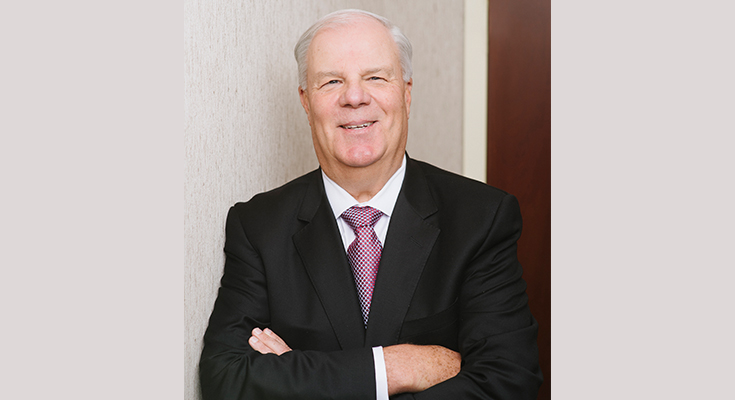
As the province’s regulator of the medical profession, CPSO’s mandate is to take action when a physician is displaying poor behaviour or incompetence. We also have a more general role in helping bring uncomfortable and concerning issues forward when they have an impact on the health care received by different patient populations.
“The abuse, not surprisingly, took a huge emotional toll on physicians and trainees”
As part of that effort, Dialogue recently carried in-depth articles about the implicit and explicit biases of caregivers and how they contribute to health disparities. There are good reasons — ones that fall within our role as an advocate for quality patient care — for us to be concerned about biases in the opposite direction as well — when patients target physicians with inappropriate behaviour, ranging from negative comments to outright refusals to accept care, for reasons that are racist, homophobic or misogynistic.
Patients are at their most vulnerable when they are sick, and the COVID pandemic has increased almost everyone’s anxiety and taxed their patience. All physicians know that professionalism requires them to accept a broad range of human behaviour in response to illness. We must also strive to be kind and seek to understand our patient’s perspective in these challenging interactions. While recognizing difficult patient situations are part of every physician’s working life, some situations still drift into the realm of physician abuse and this is the subject of this issue’s lead article.
“We should all be concerned about the effects of physician burnout.”
A 2019 study, which appeared in the Journal of the American Medical Association, sought to understand the effects of abusive patient encounters on physicians and trainees. The abuse, not surprisingly, took a huge emotional toll on physicians and trainees, and left many of them dealing with the sequelae of physician burnout.
We should all be concerned about the effects of physician burnout. Burned-out doctors are more likely to leave practice, which reduces continuity of care and overall access. Burnout can also threaten patient safety and care quality when it leads to poor interactions with patients and when burned-out physicians suffer from impaired attention, memory and executive function.
There is another reason the College is concerned with the consequences of patient bias: it wants to ensure medicine attracts, and retains, a diverse workforce. Having a diverse physician workforce caring for an extremely diverse community of patients, across our great province, provides opportunities for all patients to feel seen and understood. We all need to work together to ensure the trust that is fundamental to great care is based on the qualities and characteristics that matter, and not impeded by the ones that don’t. Please take the time to read this important article.



